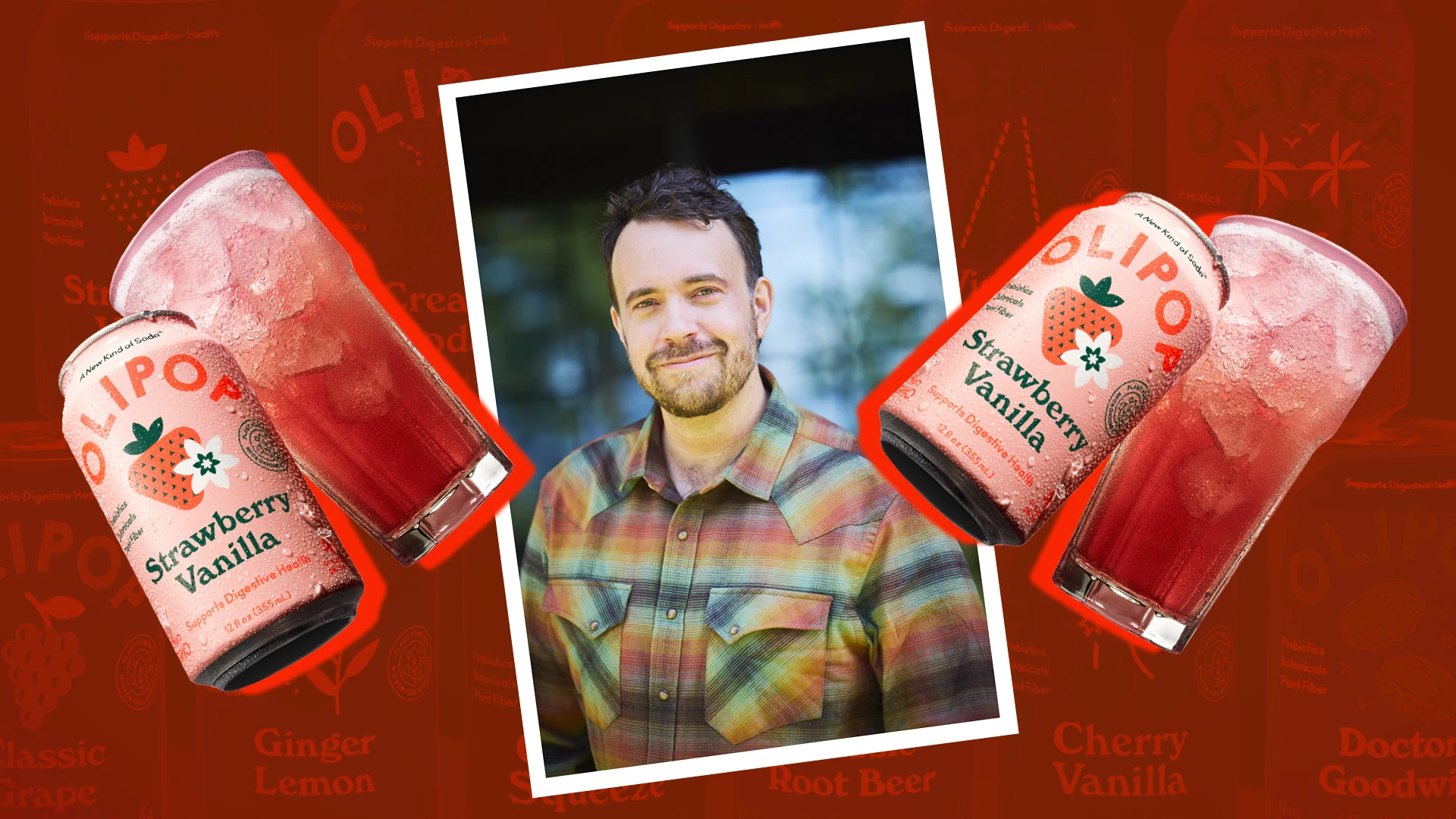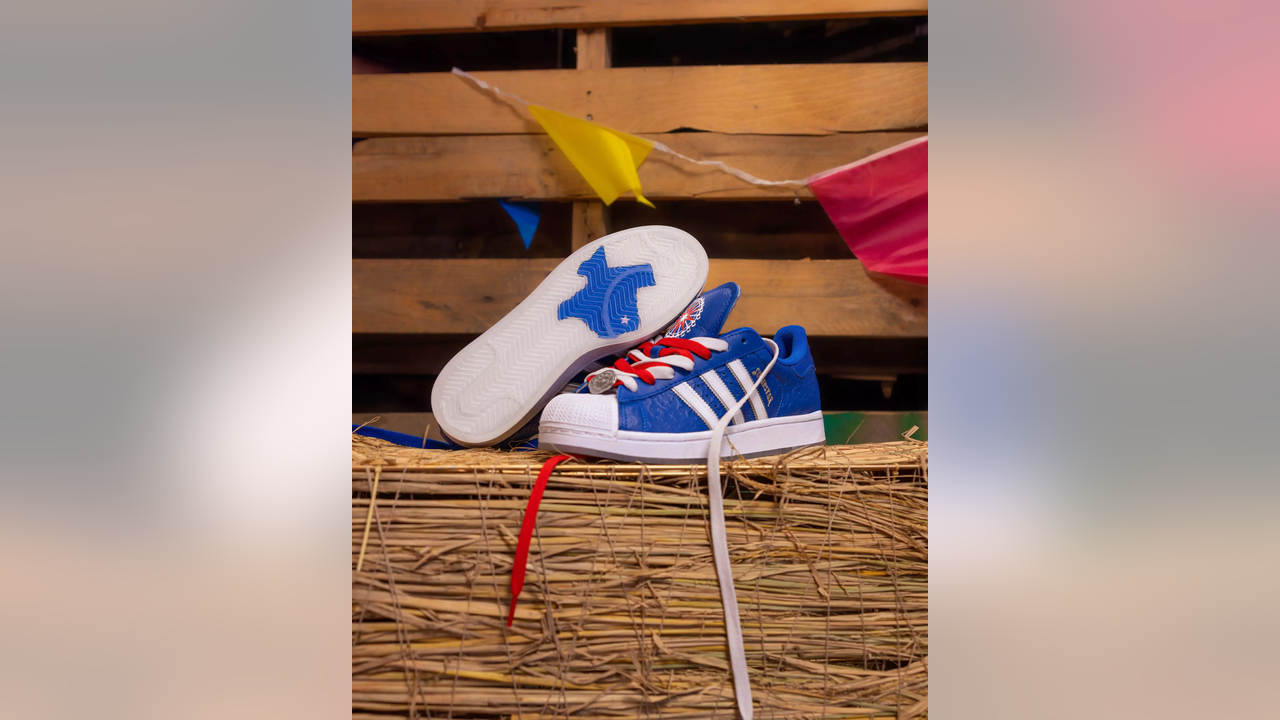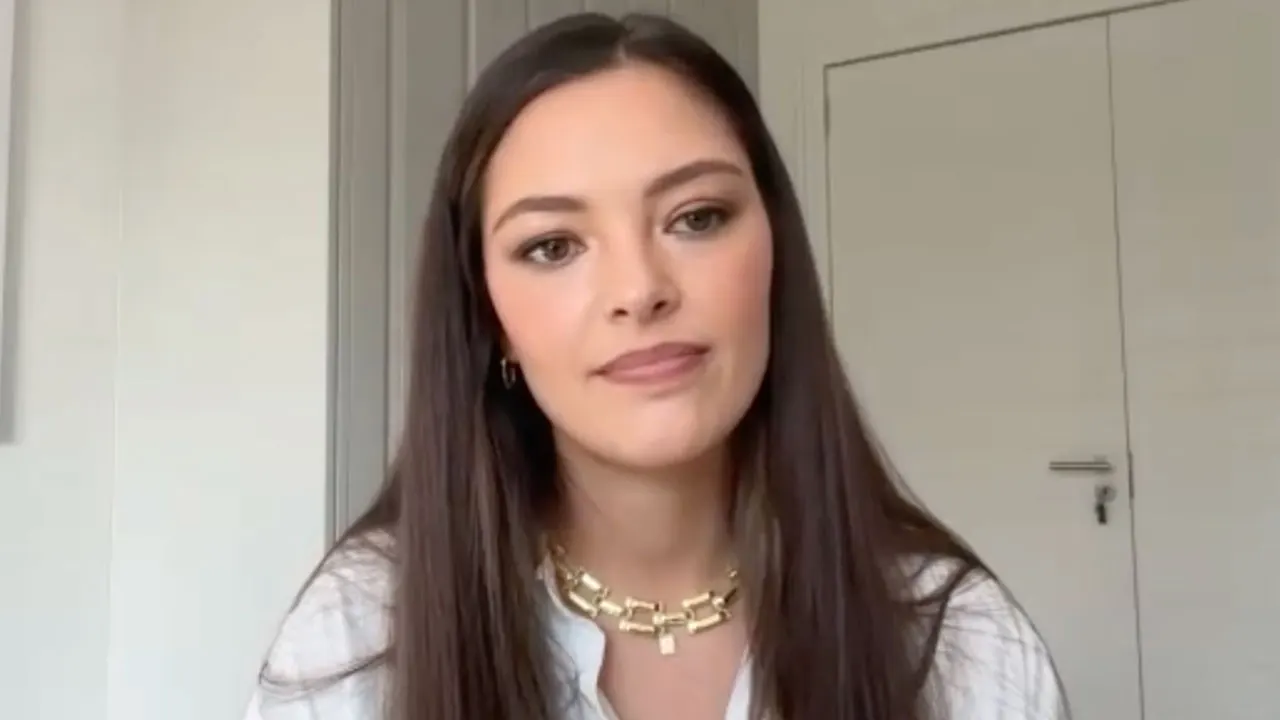
Soda or pop? Not everyone agrees on the name. Though almost everyone agrees with the premise that carbonated, sweetened, non-alcoholic beverages are an indulgence. Okay in moderation. And less good in excess—where science has linked overconsumption to obesity, diabetes, heart disease and more. Ben Goodwin was one of those who had taken his consumption too far.
As a youth, Goodwin drank “soda” to the point that it negatively impacted his mental and physical wellbeing. In time, he worked to make change, first for himself and eventually for a category. He asked, why can’t what you indulge in also be good for you? And answered by formulating Olipop, “a new kind of soda” that represented a healthy indulgence; resolving the paradox. Recently, I had the opportunity to interview Goodwin, co-founder and CEO of Olipop, about his work focused around creating change.
What inspired you to launch Olipop? Is the brand making the kind of impact you imagined?
I grew up drinking a lot of soda and eating a lot of fast food. When I entered my teens, I was overweight and anxious. At 14, I had an epiphany: That I was not on the path to living a good life. Something had to change. I shifted my diet, started exercising, and lost something like 50 pounds. I got really into learning about nutrition, which positively impacted my body composition and energy level, and also stabilized my emotions and increased my cognitive capacities. I experienced how nutrition and lifestyle benefitted the whole of a person, and how this was something within my control. I started on a new trajectory.
Featured Video
An Inc.com Featured Presentation
I became increasingly interested in the idea of improving human health and consciousness through food and beverage. And saw business as a way to have an outsized impact. First, I got involved with helping a friend start a kombucha company. I learned more about the science behind the gut-brain axis: How the brain impacts the gut, and how the gut impacts mood, cognition and mental health. Later, I left college and started to work on my own fermented product with a microbiologist. Our biggest breakthrough was creating a solution that not only offered important nutritional benefits but also produced a flavor profile so neutral it became a canvas for whatever direction I wanted to go. I couldn’t think of a more powerful way to help Americans at scale than to apply the innovation to changing the way we all consume soda.
The stats are compelling. Soda has over 90 percent household penetration. It’s the number one contributor of added sugar in the American diet. It also contains phosphoric acid which, when overly consumed, can be harmful. This was an opportunity to make a positive difference for others just like I did for myself.
In 2015, I introduced Obi, and the category of probiotic sodas—healthy sodas—in the domestic market. We had good science. But the brand wasn’t successful because the market was immature and investors couldn’t, yet, see the long-term opportunity. I exited Obi in 2016. After a brief hiatus, I got back to work. applied the lessons I learned, created a new functional formula, and launched Olipop in late 2018.
Did we make money? Yes. But beyond the financial success, in creating a real change in nutrition, I think we’re now doing something even more profound at Olipop: improving lives.
You mentioned learning important lessons that helped to pave the way for Olipop. What were some of the hard lessons learned?
Earlier on, there were discouraging moments where it felt like I was getting laughed out of the room by investors. Why? Because despite significant household penetration, soda consumption was declining at a rate of about a point per year. And because the customers who stayed in the market were thought to be hard to switch: guarded by large, powerful soda brands able to spend big dollars to limit brands like ours from growing. I was made to feel like developing a healthy soda category was a really stupid idea.
While Obi didn’t succeed, I learned some important lessons that set the launch of Olipop up for success. For starters, I learned it was not that I had the product wrong. It was the way I talked about the product that needed to change. There were signals from consumers that they were open to the idea of “healthy indulgence” provided both things were true. They weren’t going to tradeoff good taste for good health, but they were motivated to see if they could have it all. It was helpful to start by saying something about Olipop being “a new kind of soda,” followed by being a healthier option: order of information mattered. And I learned for mass consumers, it worked better to speak to the benefits of prebiotics versus initially going deep into the science; focusing on what people were gaining with Olipop versus what they were missing in an industrialized diet.
Past consumer intelligence, I learned a lot about the importance of emotional intelligence: trusting my instincts enough to stick with this idea especially in the face of skepticism. At the time of launch, Olipop was a small regional brand with only three flavors. Today, it’s a national brand with 19 flavors and more to come. We are in about one in five American households. Olipop has the highest repeat purchase in a category that even the largest soda brands would acknowledge we helped to grow.
Beyond the struggles, what were some of the seminal successes contributing to the growth of Olipop?
Olipop was in its infancy when Covid-19 happened. The pandemic forced a lot of brands, especially small brands, to shut down. We anticipated it might be the death knell for our brand. But it turned out to be a time of triple digit growth. What went right? First, we did a good job of communicating that we were an indulgence that had a healthy byproduct. It mattered because during the crisis, when stress was so high, people paradoxically searched for a combination of comfort foods and healthy lifestyle options. Olipop resolved the paradox. Second, we did a good job of quickly adapting our business model from 90 percent brick-and-mortar and 10 percent direct-to-consumer channels to more of a 50/50 mix to better serve people staying at home. We got the messaging and the distribution right for the times. We proved to be relevant.
Post pandemic, Olipop continued to get even more immersed in the lives of consumers by creating new flavors to compliment timely moments in pop culture. We introduced Banana Cream flavored Olipop in support of the launch of a new Minions movie: The Rise of Gru. We created Peaches & Cream to support the relaunch of the Peaches ‘n Cream Barbie doll during the same year that Mattel celebrated Barbie’s 65th anniversary. Both flavors became so popular they are now regular SKUs. What was most important was that Olipop wasn’t just a rational choice, but it was also a cool, entertaining and accessible brand.
As an aside, I remember talking to a customer from a small town who was working on losing weight. He shared that where he grew up, many healthy beverage options—such as an $8 kale smoothie—were seen as sort of elitist. But noted that Olipop had gained more wide acceptance: “I can tell my friends and family about it, and they think it’s cool too.” We have demonstrated this unique ability to go into places where consumers spend their time, including into culture, and feel like we belong.
When you reflect on the history of the category you compete in, where do sodas like Olipop fit in? As more entrants enter the space, how do you make sure Olipop stays vital?
We’re now in the third wave of evolution of the soda category. First, we had traditional full sugar soda. Next, in the ‘70s, ‘80s and ‘90s we had diet soda. Now, we have functional or modern soda—which is about more than just eliminating sugar from the same old product to make it less bad. Really, it’s about contributing something functionally better for your health to actively make it good. Olipop created, and continues to lead, the third wave—doing the science-based research needed to advance the category.
We organized a scientific advisory board. We built a relationship with a laboratory at Purdue University where we work to understand the real health benefits of functional beverages in invitro research. We completed our first human clinical trial studying the impact on blood sugar of swapping traditional soda for a modern prebiotic soda in healthy adults and tracked positive results. Now, we are moving toward another human clinical trial with 250 pre-diabetic participants. Given that type 2 diabetes is on the rise, we want to give more consumers healthy options to choose from in place of feeling like the only option is to stop drinking sodas entirely.
We are also engaged in discussions with the insurance industry. About 30-million Americans qualify to get Olipop fully or partially reimbursed via their existing supplementary benefits offerings and insurance programs. And we are proactively working with insurers to make Olipop available as a reward for those who get preventative screenings.
As functional sodas are still reasonably new, it is easy for consumers to get confused about competitors. To those less familiar, they wonder if all functional sodas are the same. The answer is no. We are not all the same. Some imitators have a fraction of the amount of functional ingredient as compared to Olipop. Some have a functional ingredient that’s not even really shelf stable. Our range of flavors help to make Olipop accessible. Our collaborations, with brands like Barbie, make us likeable. It’s our research that makes us essential, and separates us, as the standard bearer for the future of the category.
Ben, what advice do you have for other founders working to build something with staying power?
“Nothing always works and nothing never works,” is one of my favorite proverbs. I recognize there are a lot of different ways to build a successful business. I am never going to say my way is the only way. That said, I strongly believe that business has an incredible power to be a force for good and that there is real value in working on a mission that means something to you.
Being an entrepreneur is hard. Disrupting the beverage category is hard. Making money is hard and it is important for financial success. But chasing a paycheck or payout alone is not what has gotten me out of bed every day for the last 20 years to do the near impossible. I have been working on a mission to create a positive change to nutrition and improve lives with Olipop. That is what drives me.
I think it is a false dichotomy—that you have to choose between making money and doing good. The case study we’re building at Olipop proves that when you create value for society and the community you exist in, people will reward you with business in return as part of fair value exchange. It is not an anti-capitalism stance. It’s a different approach based on achieving a more sustainable capitalism.



